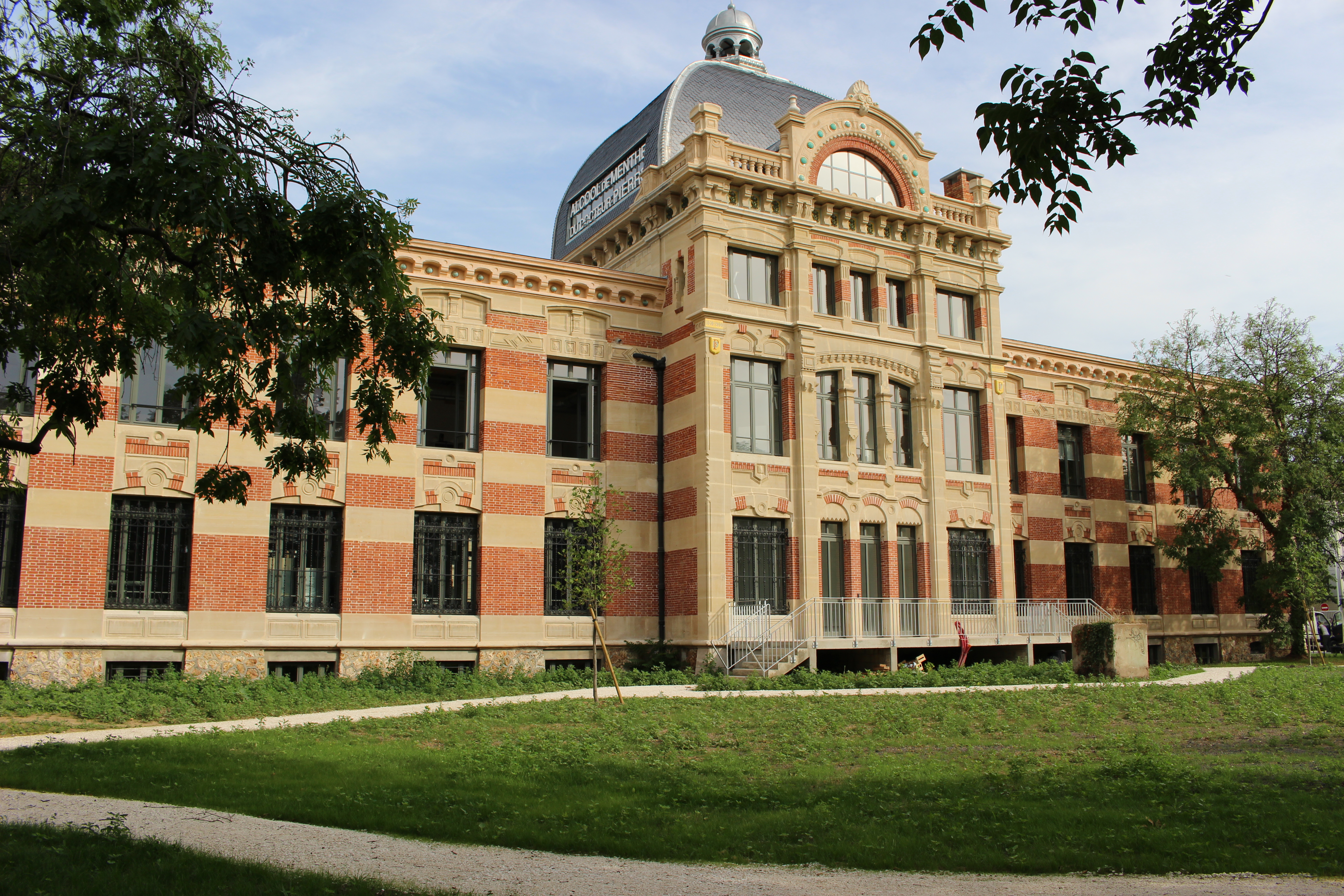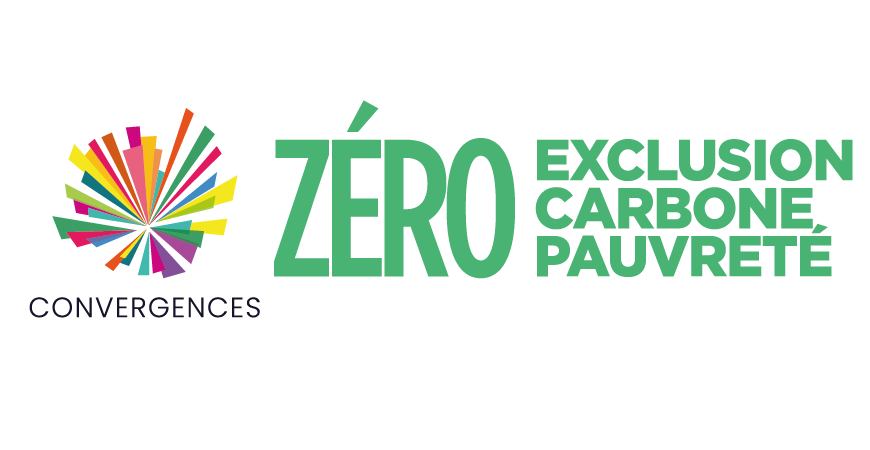
The ETIC – Foncièrement Responsable group’s purpose is to solve three challenges. First of all, to provide organisations that fight for a fair, just and environmentally friendly society to work in the right conditions, within a coherent ecosystem that contributes to their development. Second, to innovate so that practices in real estate are more sustainable. And third, to participate in the growth of solidarity finance and to make sure it’s accessible to all.
To answer these three challenges, ETIC works throughout France by designing and managing shared office spaces in eco-responsible buildings, financed by impact investors.
To control its impact, each of ETIC’s decisions and practices is based on a “triple bottom line” approach that takes into account the social, environmental, and financial performance of all its actions. Each employee and director ensures the balance of this triptych, with no one criterion taking precedence over the other two.
Numerous actions are put in place as soon as the centers are created to minimise the carbon footprint of its buildings by being careful in terms of the materials chosen, the energy used, and also by improving the day-to-day operations of the center. A great deal of attention is paid to raising residents’ awareness on green travel, energy and water consumption, etc. At the same time, ETIC facilitates access to a sustainable catering offer (short supply-chains, organic products, vegetarian options) in the workplace and to sorting and composting facilities.
In order to know the impact of all these actions, however, it is essential to measure their environmental and social impact. It allows us to evaluate progress and identify areas for improvement that will help guide the organisation’s strategic decisions responsibly and sustainably. At ETIC, the impact is measured in two ways. The first part is through the data collected via questionnaires. Each year, residents, shareholders, employees, and directors are asked about the way they consume, travel, etc., and the results are then used to improve the organisation’s performance.
This data is then supplemented with a social aspect, by calculating the number of sustainable and special needs jobs created during the renovation of our centers and the number of jobs and internships created by our residents. For example, job quality is also measured by taking into account the wage gap.
Measuring environmental impact is relatively simple as quantitative data is easy to collect. Indeed, it only requires to calculate the energy savings obtained by comparing the energy used in our centers before and after implementing sustainable actions.
Overall, the results are encouraging: from a social point of view, ETIC has been able to contribute indirectly to the creation of more than 700 sustainable jobs over nine years, including jobs created by residents, and those created by service providers especially during renovations.
From an environmental point of view, and thanks to the eco-responsible renovation of buildings, ETIC centers are amongst the top 10% in terms of carbon efficiency in France1. They consume 10 times less carbon than the average workspace in France. In 2019, the various actions implemented led to a reduction of 947 tons of CO2. These actions enabled a reduction in the consumption of fluids (energy, water), harmful materials (thanks to the use of sustainable materials, water cleaning, etc.), transport (implementation of videoconferencing since 2013 to avoid specific journeys, bicycle parking, information on public transport, etc.), and a reduction in meat consumption (promotion of organic, local, mainly plant-based mealss). ETIC encourages its residents to reuse, sort, and recycle over twelve different types of waste. All of these elements are measurable, measured, and published in the company’s annual report.
However, to be successful in measuring impact, we must be patient and dare to break the status quo as the majority of innovations that achieve environmental impact go against the usual practices.
To effectively measure impact, it is first necessary to define quantifiable indicators, which can be evaluated year after year, in order to monitor the impact’s evolution. Secondly, it is necessary to be able to rely on qualitative data (when possible) that will back up the quantitative indicators and enrich impact measurement.
Finally, we must persevere and never reduce our efforts to make impactful and sustainable results happen, because we are convinced that social and environmental performance are mutually reinforcing and have a positive impact on our businesses and society.
Chloé Myotte
Marketing and Communication manager
ETIC – Foncièrement Responsable
Footnote
1. Report produced by the Sustainable Real Estate Observatory


